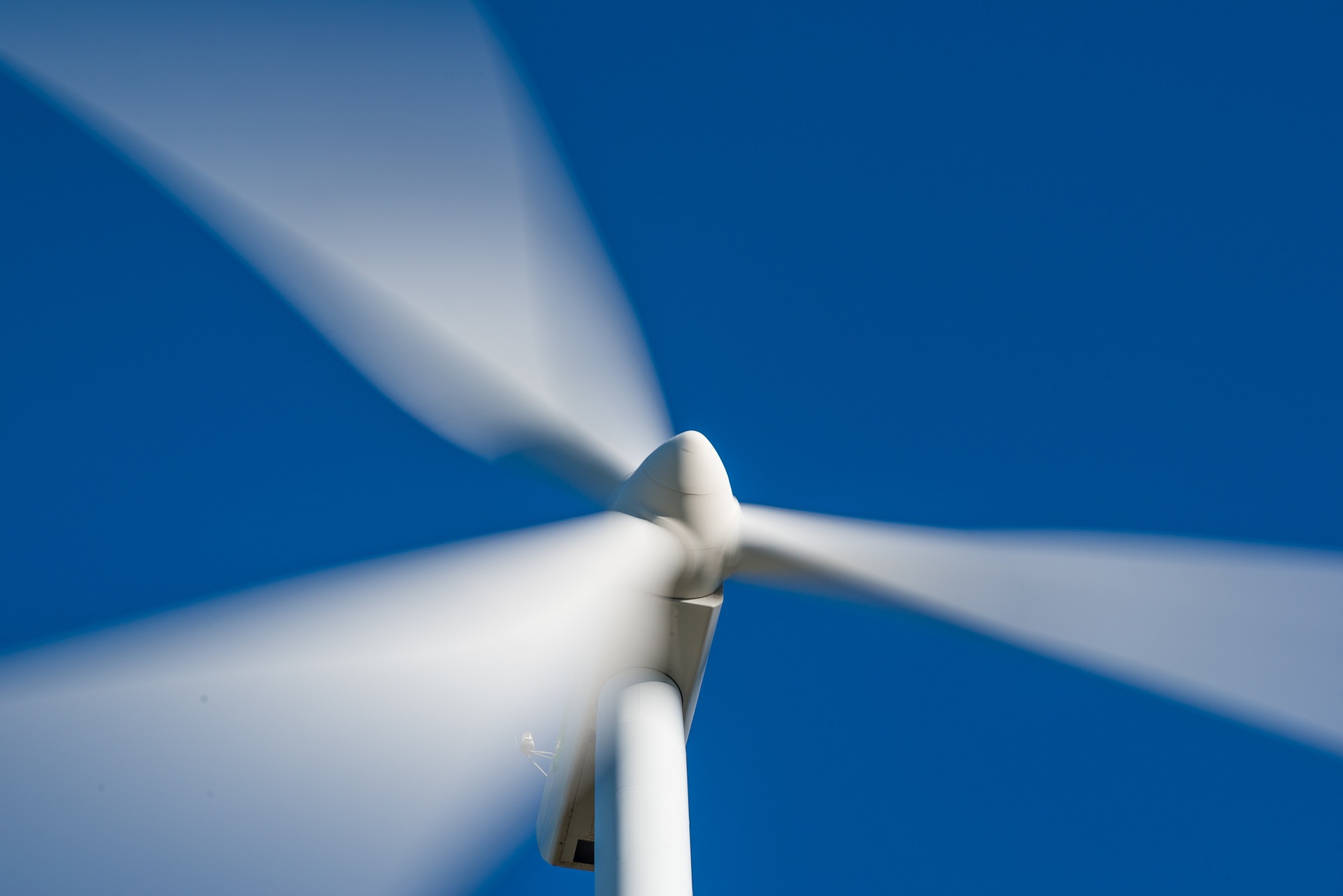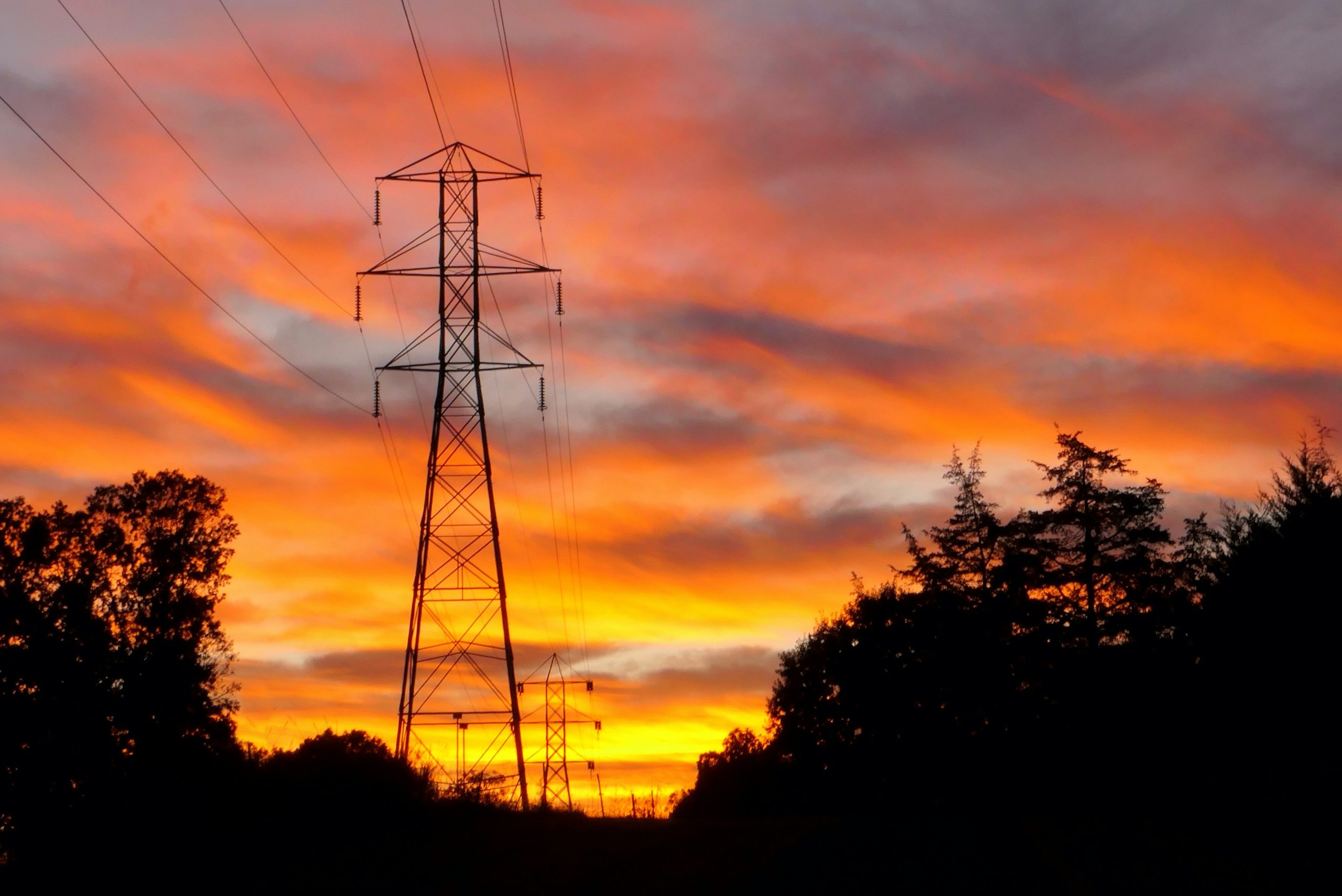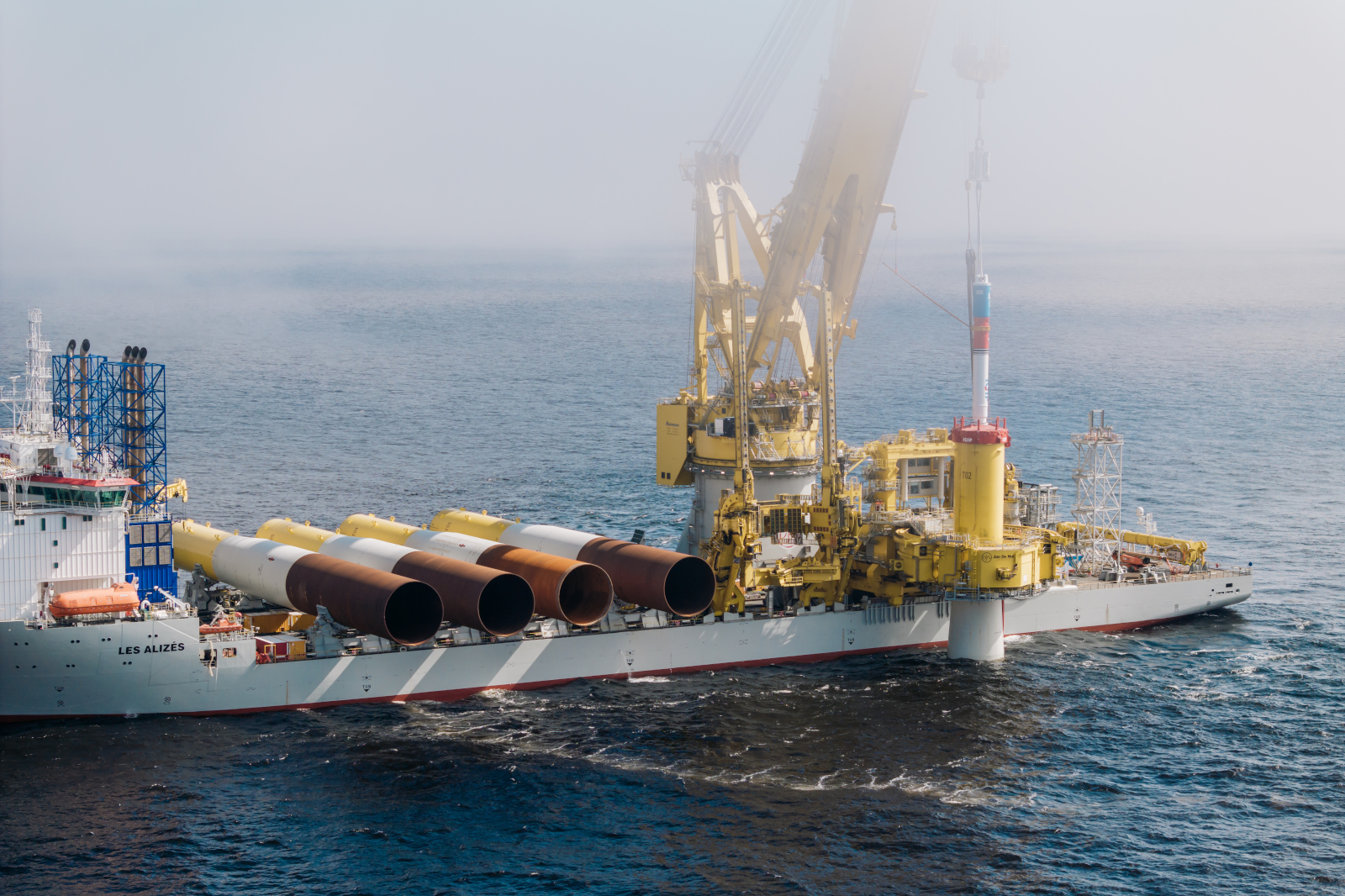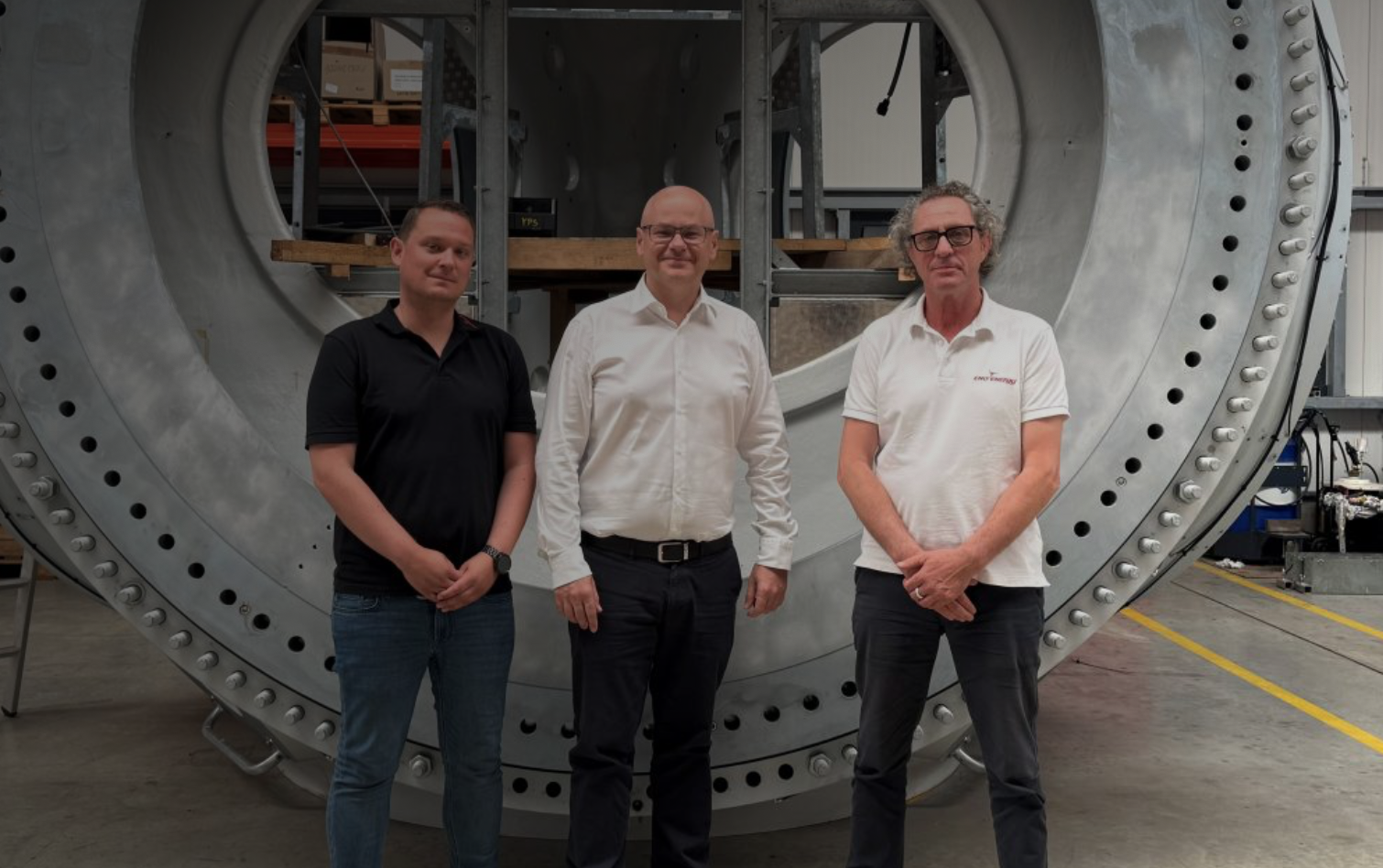The Polish Offshore Wind Sector Deal signed on 15 September 2021 is another milestone in the development of this sector in Poland, next to the Act on the Promotion of Electricity Generation in Offshore Wind Farms of December 2020. This article is part of a series of comments on the main challenges to be met in order to make the plans contained in the sector deal a reality.
Patryk Zbroja, Zbroja Adwokaci:
On 15 September 2021, the “Polish Offshore Wind Sector Deal” (or the “Sector Deal” for short) was signed.
The signatories of the document modeled on a UK counterpart (the Offshore Wind Sector Deal of March 2019) were government officials, investors and subcontractors, representatives of financial and insurance institutions, local authorities, and educational, scientific and research institutions.
The Deal – as per its recitals – aims to create a sound framework for cooperation in the development of offshore wind energy in Poland, bearing in mind the need to ensure economic development and boost the competitiveness of Polish businesses, as well as enhance the economic and energy security of the country on the basis of Poland’s own stable zero-emission generation sources in the form of offshore wind farms (OWFs). The document intends to provide a permanent platform for cooperation between all stakeholders involved in the construction of the OWFs by ensuring coordinated actions for the sake of a dynamic development of the sector in Poland, with a focus on strengthening national energy, environmental, economic, and social benefits. The development of OWFs in Poland is to be efficient and sustainable. The Parties, on their part, are to support the maximization of local content for the purposes of implementing and servicing OWFs located within the Polish exclusive economic zone and promoting the exports of goods and services by companies from the local supply chain to foreign markets.
The agreement defines local content as the participation of businesses established in Poland or foreign businesses with a branch or agency in Poland, involved in manufacturing or services in Poland and forming a supply chain, in fulfilling orders for the purposes of the construction and operation of OWFs in the Polish exclusive economic zone.
Goals of the deal
The main goal of the Deal is to carry out joint actions aimed at developing offshore wind energy based on maximizing the share of local content in the supply chain supporting the construction of OWFs with the installed capacity of:
- 9 GW by the end of 2030,
- 11 GW by the end of 2040.
This is to be achieved in particular by pursuing the following strategic objectives:
- To implement an OWF support scheme, the total maximum budget of which is estimated at EUR 22.5 billion.
- To achieve a local content of:
- not less than 20 to 30 % of the total value for OWF projects to be built as part of the first pre-auction stage of the support scheme,
- at least 45% of the total value for OWF projects to be built by 2030 as part of the second – auction – phase of the support scheme,
- at least 50% of the total value for OWF projects to be built beyond 2030.
- To achieve an average annual value of the export of products and services from the offshore wind sector of:
- PLN 2 billion – to be achieved gradually by 2030,
- PLN 5 billion – to be achieved gradually by 2040.
- To achieve employment (direct and indirect) in the small wind turbine (SWT) sector at a level of not less than:
- 30,000 jobs by 2030,
- 60,000 jobs by 2040.
- To train and educate staff for the SWT sector:
- a) at least 20,000 people by 2030,
- b) at least 40,000 people until 2040.
- To provide Polish seaports with such port and access infrastructure that will assist the construction and servicing of the OWFs, i.e.:
- an installation terminal in Gdynia port to be operational by 2025, and another terminal between 2026 to 2030,
- at least two service ports supporting the construction of OWF projects and later servicing them.
- To exploit the potential of the Polish shipbuilding industry in pursuing the OWF projects, in particular as regards the construction, conversion and renovation of specialized vessels for the construction and servicing of the OWFs, commencing in the first support stage (between 2021 and 2030).
- To determine, with the participation of the Parties to the Deal, the level of financial support for research and development required by the SWT sector, with a view to launching, from 2022 onwards, dedicated R&D programs based on the institutional involvement of the government and local government authorities and on financial declarations from investors and major technology suppliers.
Clearly, both the objectives and the strategy are extremely ambitious.
Key areas of cooperation
The Deal defines 6 areas of key importance for the achievement of these strategic objectives (indicating their determinants and their target models), namely:
- The development of the offshore wind energy industry,
- Port resources and logistics, and their impact on the coastal regions,
- The development of human resources and education systems,
- R&D,
- Social education,
- Stakeholder cooperation.
Within each key area, all the Parties to the Deal have committed themselves to undertake a number of both joint and individual actions.
As part of these actions:
- the parties will draw up periodic reports on the sector,
- an annual Conference of the Parties will be held to summarize the state of implementation of the strategic objectives,
- a “Code of good practice for the SWT sector” will be developed,
- the government will cause the construction of an installation port in Gdynia, the reconstruction of service ports in Łeba and Ustka, and the fulfillment of appropriate investments in Polish seaports along with associated infrastructure, as required by the SWT sector,
- the government will provide solutions to activate the shipbuilding industry in implementing the OWF projects, including the construction of an installation or service fleet;
- programs will be launched to support the promotion of the products and services offered by Polish SWT enterprises in foreign markets,
- programs and tools facilitating operations will be prepared for SWT employers,
- an offer of support will be prepared for small and medium-sized enterprises wishing to enter the SWT sector;
- financial instruments will be developed and implemented to facilitate OWF investments (such as guarantees, leases and loans).
To coordinate the aforementioned activities, the Sector Deal also establishes the Offshore Wind Energy Coordination Council tasked in particular with: monitoring the achievement of the strategic objectives, setting up working groups to ensure cooperation between the parties, monitoring the local content levels achieved by investors and supply chain actors, and preparing annual reports on the implementation of the Deal.
Importantly, the provisions of the Sector Deal are subject to change. This would, however, require a written notification together with a justification to be submitted by a Party to the Chairman of the Coordination Council. Thereafter, such draft amendments will be discussed and submitted to the annual Conference of the Parties, which will adopt them by way of an agreement.
Legal effects
From a legal point of view, it is worth stressing that the Deal, as emphasized in its final provisions, creates no civil or public law obligations for any of the Parties and must not form the basis for claims in this regard (except for obligations concerning confidentiality and non-disclosure of secret or sensitive information). However, it does not obviously rule out the possibility for its parties to conclude separate agreements, memoranda of understanding, and declarations.
Such regulation of the effects of the Deal’s provisions is a novelty in Polish practice.
The reason for this mechanism is that it is impossible to impose (especially for the state administration acting through any actual legislation) any obligation on electricity generators to employ a certain quota of Polish businesses, as this would expose the generators to serious litigation in the contexts of economic discrimination and the violation of the Community’s principles regarding protection against unfair competition or the principles of freedom to provide services. An attempt to impose one-sided solutions supporting Polish businesses could be effectively undermined by the European Commission thus virtually blocking any approval of the legal solutions for the first stage of OWF construction.
In this context, the aforementioned strategic objectives concerning the level of Polish local content at both the stages of the support scheme for the Polish OWFs, and those concerning the values of exports, are to be rather considered asassumptions that the parties to the Deal should pursue.
These provisions do not create legal obligations that could be enforced, for example, through court or administrative procedures. They are at most a specific gentlemen’s agreement. The reference to the UK’s experience in this regard is therefore very natural.
The obvious question is whether or not the Deal as such, and its relatively limited (in legal terms) impact on the mutual rights and obligations of the OWF project participants, are perhaps too little to protect the interests of Polish entrepreneurs under the conditions of the Polish system and legal culture.
It is not an easy question to answer, since much depends on market practice and the actual preparedness of Polish businesses to fight for their share in the foreign operators’ supply chain, and then to maintain it at a level that guarantees sustainable development. In this field, if the state or state-owned enterprises push their support too hard, they risk being accused of uncompetitive behavior on the one hand, and failing to cause the expected economic results on the other.
Personally, I am in favor of softer forms of state intervention in this area, and rather hope for infrastructure support (where Poland has a lot to make up for) and access to financial instruments (e.g., guarantees, preferential loans or rebates) that will encourage Polish entrepreneurs to invest and to transform their organizations in order to help them compete against foreign stakeholders.
Anyway, from the point of view of attempts to secure Polish contribution in a formal manner, a lot has already been done. For example, the Act on the Promotion of Electricity Generation in Offshore Wind Farms sets forth the obligations for electricity generators applying for access to the first stage of the process to draw up a plan for the supply chain of materials and services that will account for the state of play in the construction of an offshore wind farm together with a set of power evacuation equipment as at the date of the plan. The supply chain plan is subsequently expected to be updated, upon a compulsory dialog with potential suppliers of materials and services to be used for the construction and operation of the OWF. As for the dialog itself, it should be conducted in such a way as to ensure fair competition and equal treatment of potential suppliers and their solutions. If no such plan is presented, or if no proper reports are submitted, the generators will face criminal liability (although the fines are not expected to be very high) and risk a restricted or even denied access to future auctions.
Importantly, too, it is still up to the state administration to set forth more detailed conditions and criteria for participation in further stages of OWF construction. Some industry actors propose that the group of potential electricity generators should be expanded (as currently it is artificially limited to large Polish electricity companies with a share of State Treasury capital), since this would certainly encourage businesses and private capital. At the same time, this would stimulate the Polish local content, as well.
Last but not least, it is still an open question whether Polish entrepreneurs are going to benefit sufficiently from this procedure and the open doors to participation in the construction of OWFs in the first place.
The barriers to entry (including organizational and financial obstacles) into the demanding offshore market pose a very serious challenge. For each entrepreneur, after all, their business decisions will always depend on multiple factors, beyond just the benefits of a sectoral support scheme (the plan for which has yet to be presented), and will be largely affected by the general state policy towards private business, which – to put it mildly – does not appear very stable at the moment.
Nevertheless, the “Polish Offshore Wind Sector Deal” does implicate a significant opportunity for highly determined Polish market actors. This is a very good step, and one made in the right direction in terms of guaranteeing a meaningful and fair participation of Polish businesses in the construction of OWFs in the Baltic Sea.
Will it become the driver of Polish local content ? We will have to live and see…
Patryk Zbroja, Zbroja Adwokaci, member of the management board of the West Pomeranian Maritime Cluster














